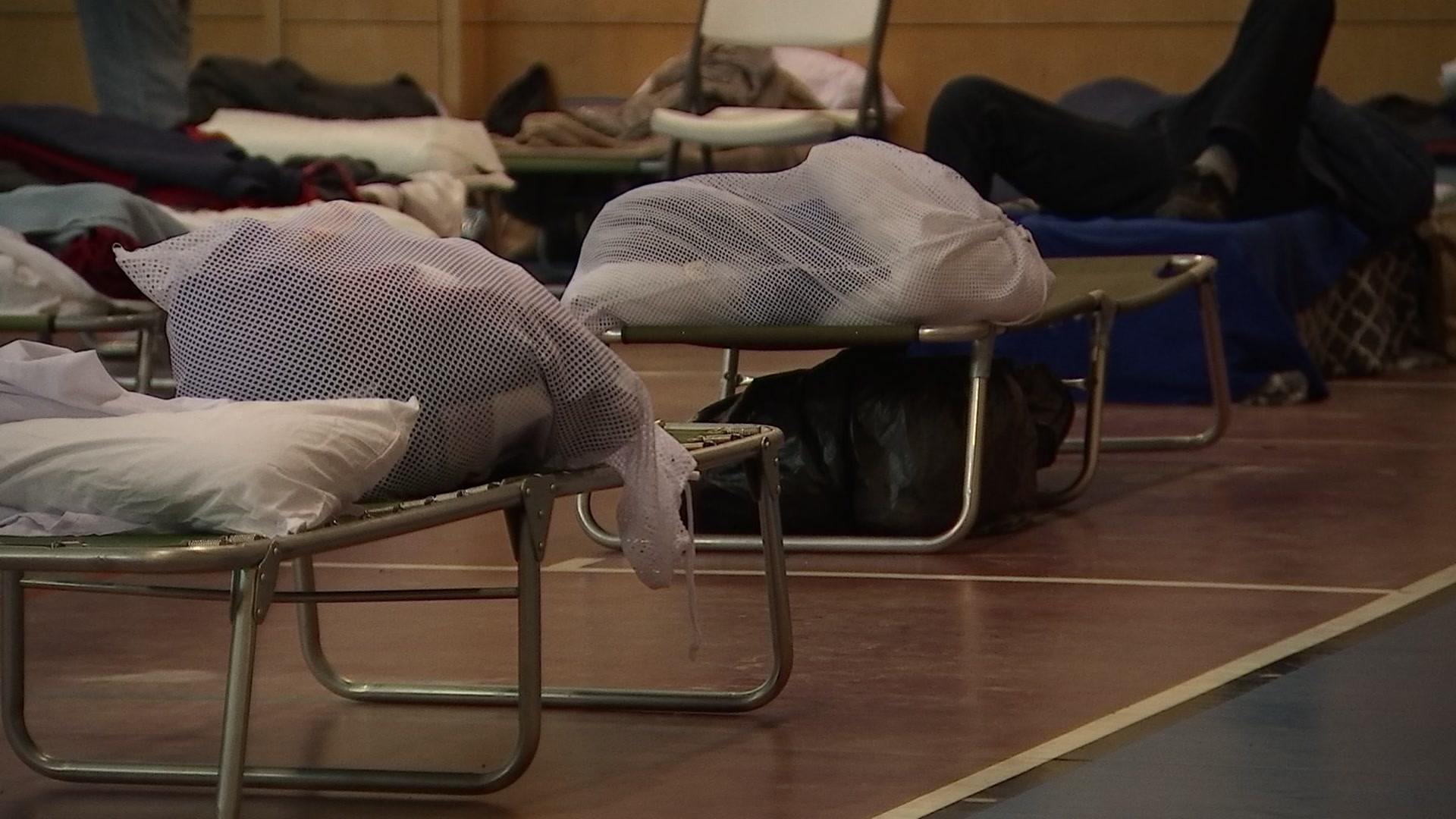Federal and local officials continue to assist approximately 1,500 unaccompanied minors from Central America being held at the Kay Bailey Hutchison Convention Center in Dallas.
Additional buses were expected to arrive in Dallas late Tuesday.
Officials' goal is to find, vet and reunite the boys, ages 15-17, with family or sponsors in the U.S., as they await their asylum request in the immigration court system.
When reunification happens, there may be a number of migrants in need of temporary housing, and that is where a North Texas nonprofit could step in to help.
Get top local stories in DFW delivered to you every morning. >Sign up for NBC DFW's News Headlines newsletter.
A board member with Dallas-Fort Worth-based nonprofit DASH Network was among a select few allowed inside the Kay Bailey Hutchison Convention Center on Tuesday.
“She said there are about 1,500 children there. They’re very tired but very sweet and most of them are waiting to be reunited with their families,” said Monica Bharadwaj of DASH Network.
It is possible a number of the teens reunited with their families will then be in need of temporary shelter, as they await a long and complex legal process in the U.S.
Local
The latest news from around North Texas.
“Once these children are able to be reunited with their family, they would be eligible for DASH services, as long as they’re asylum seekers,” Bharadwaj said.
DASH Network provides families seeking asylum in the U.S. with housing, food, ESL classes and job preparation for up to three years.
An apartment building near downtown Fort Worth is housing migrant families in the program.
Bharadwaj said their service is vital since those seeking asylum must wait at least a year for a work permit.
“The prevalence of homelessness and food insecurity is extremely high,” she said.
Additional busses with unaccompanied minors who recently crossed the border are expected late Tuesday in Dallas, she said.
The nonprofit also works with local host families who are willing to take in those seeking asylum.
Additional families are needed to work through the current waitlist and monetary donations are always welcomed.
“A lot of people are calling it the crisis at the border and I think it’s important to keep in mind: These are human beings and they’re more than a problem to be solved,” Bharadwaj said. “We’re talking about humans who are experiencing trauma and tragedy.”



